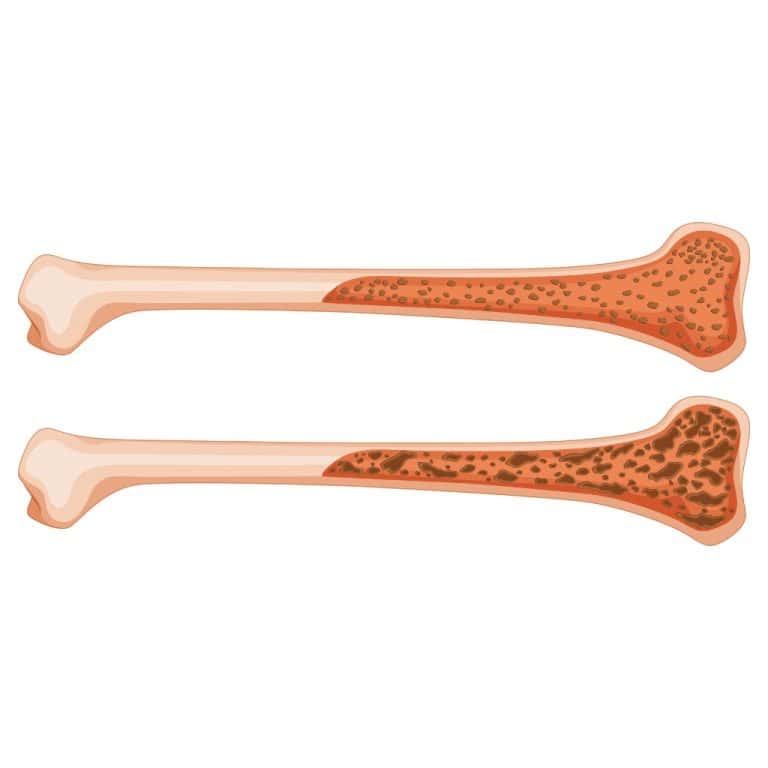Welcome to our bone marrow quiz! Have you ever wondered what exactly bone marrow is and why it’s so important? Well, you’re in the right place to find out. Bone marrow is a soft, spongy tissue found in the center of your bones, and it plays a crucial role in producing blood cells like red blood cells, white blood cells, and platelets.
In this quiz, we’ll explore the different types of bone marrow, its functions, and why it’s essential for your overall health. So get ready to test your knowledge and learn something new about this fascinating part of your body. Let’s dive in and discover the wonders of bone marrow together!
Play Bone Marrow Quiz
Instructions
- This quiz is multiple choice.
- Read each question carefully before selecting an answer.
- Choose the best answer for each question.
- You will see the missed questions with correct answers at the end of the quiz.
Quick Facts
- Bone marrow is a soft, spongy tissue found inside your bones.
- It plays a crucial role in producing blood cells, including red blood cells, white blood cells, and platelets.
- Bone marrow contains stem cells that can develop into different types of blood cells.
- There are two main types of bone marrow: red bone marrow and yellow bone marrow.
- Red bone marrow is responsible for producing blood cells, while yellow bone marrow stores fat.
- Bone marrow transplants can be used to treat certain diseases, such as leukemia and lymphoma.
- Donating bone marrow is a selfless act that can save someone’s life.
- Bone marrow can be extracted from the hip bone or the sternum during a transplant procedure.
- Eating a healthy diet rich in nutrients like iron, vitamin B12, and folate can help support bone marrow function.
- Taking care of your bones through regular exercise and calcium intake can also help maintain healthy bone marrow.
Downloads
Study Tips
- Create a study schedule and stick to it.
- Find a quiet and comfortable study environment.
- Remove distractions such as phones and social media.
- Take breaks every 25-30 minutes to avoid burnout.
- Use active studying techniques like summarizing, highlighting, and teaching concepts to someone else.
- Practice retrieval by testing yourself with flashcards or practice quizzes.
- Stay organized with notes, study guides, and resources.
- Stay hydrated and eat brain-boosting foods like fruits, nuts, and whole grains.
- Get enough sleep to improve memory retention and cognitive function.
- Reward yourself for reaching study goals to stay motivated.
